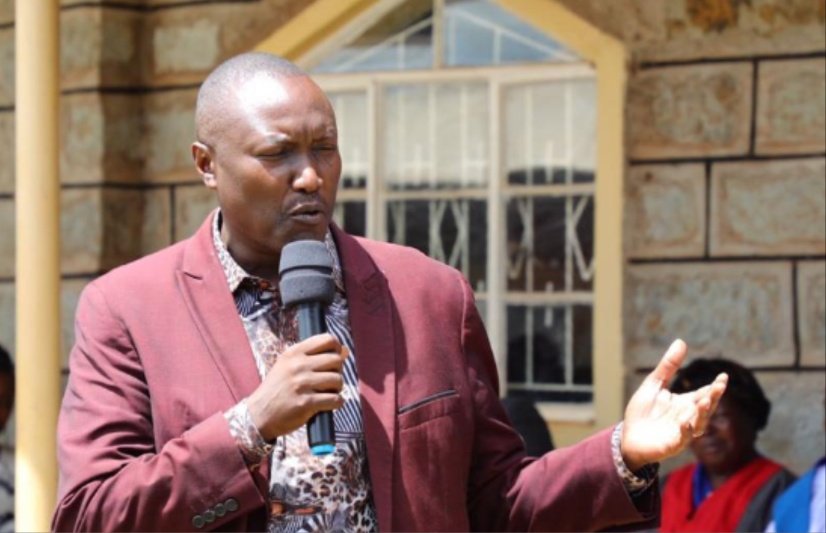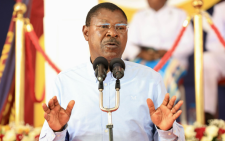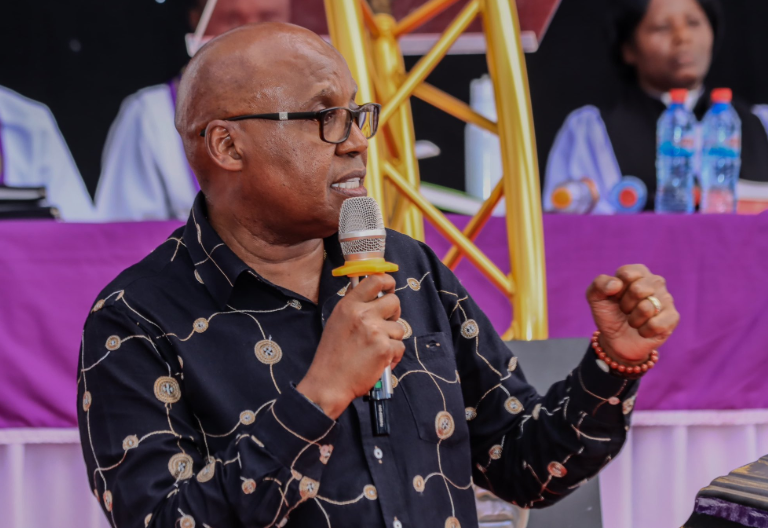TotalEnergies’ EA oil plan runs into more headwinds

TotalEnergies’ planned oil pipeline in East Africa continues to face opposition with rights activists warning it is likely to cause widespread devastation to thousands of people’s livelihoods in Uganda and contribute to the global climate crisis.
Human Rights Watch has urged a halt to East African Crude Oil Pipeline (EACOP) project led by the French giant, warning that it poses grave environmental risks to the people and ecosystem around the area of operation and beyond.
If completed, the project will include dozens of well pads, hundreds of kilometres of roads, camps, and other infrastructure, as well as a 1,443-kilometre pipeline connecting oilfields in western Uganda to the Port of Tanga in eastern Tanzania, according to a report released by the agency.
The 47-page report, titled “Our Trust is Broken’: Loss of Land and Livelihoods for Oil Development in Uganda,” focuses on the land acquisition process for one of the largest fossil fuel infrastructure projects under construction worldwide.
“The pipeline route traverses sensitive ecosystems, including protected areas and internationally significant wetlands, posing threats to biodiversity and ecosystems that local communities depend on for their sustenance,” said the rights group. The development of the oilfield, which will reportedly displace over 100,000 people, is already well underway.
While 90 per cent of those who will lose their land to the project have received compensation from TotalEnergies EP Uganda, the project has been plagued by multi-year delays in payment and inadequate compensation.
The report, based on over 90 interviews conducted by Human Rights Watch, reveals the significant impact of these delays, which has been compounded by unclear communications about whether farmers can continue to use their land to harvest cash crops in the interim.
This has caused severe financial hardships for thousands of Ugandan farmers, including heavy household debt, food insecurity, and an inability to pay school fees, resulting in many children dropping out of school. “Financial institutions should avoid supporting EACOP due to the devastating impacts of fossil fuels on climate change as well as future risks of serious human rights impacts,” Human Rights Watch said.
Farmers have reported feeling pressured to sign compensation agreements in English, a language many of them cannot read. They have also claimed that they were offered cash instead of the option of replacement land, as required by international standards.
\Promises made by TotalEnergies about grave relocation and improvements in the quality of life have not been fulfilled, eroding trust between the affected communities and the company.
TotalEnergies, along with China National Offshore Oil Company and the State-owned oil companies of Uganda and Tanzania, is the principal company involved in the project. The land acquisition process has been managed by Atacama Consulting and Newplan Group on behalf of TotalEnergies EP Uganda.
TotalEnergies has pledged to adhere to international standards, including the International Finance Corporation (IFC) Performance Standards, which require the company and its subsidiaries to restore or enhance livelihoods to pre-disturbance levels.
However, as the pipeline seeks additional financing, Human Rights Watch urges TotalEnergies and its subsidiaries to increase compensation and livelihood restoration efforts to align with human rights standards.
Environmental risks
Numerous studies have shown that the construction and operation of the EACOP pose significant environmental risks, including threats to protected areas and internationally significant wetlands.
The pipeline is being developed at a time when leading authorities on climate science, such as the Intergovernmental Panel on Climate Change and the International Energy Agency, warn that new fossil fuel projects must be halted to limit the worst impacts of climate change and achieve the goals of the Paris Agreement.











